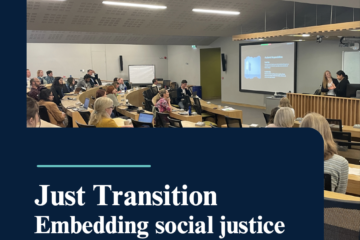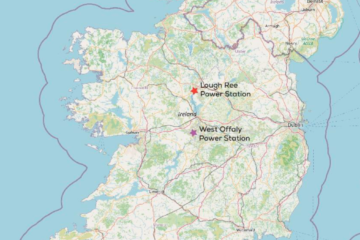Renewable, ethical? Assessing the energy justice potential of renewable electricity
2017, AIMS Energy5(5):768-797American Institute of Mathematical Sciences (AIMS).
Banerjee A, Prehoda E, Sidortsov R, and Schelly C.
https://doi.org/10.3934/ENERGY.2017.5.768
Abstract:
Energy justice is increasingly being used as a framework to conceptualize the impacts of
energy decision making in more holistic ways and to consider the social implications in terms of
existing ethical values. Similarly, renewable energy technologies are increasingly being promoted for
their environmental and social benefits. However, little work has been done to systematically
examine the extent to which, in what ways and in what contexts, renewable energy technologies can
contribute to achieving energy justice. This paper assesses the potential of renewable electricity
technologies to address energy justice in various global contexts via a systematic review of existing
studies analyzed in terms of the principles and dimensions of energy justice. Based on publications
including peer reviewed academic literature, books, and in some cases reports by government or
international organizations, we assess renewable electricity technologies in both grid integrated and
off-grid use contexts. We conduct our investigation through the rubric of the affirmative and
prohibitive principles of energy justice and in terms of its temporal, geographic, socio-political,
economic, and technological dimensions. Renewable electricity technology development has and
continue to have different impacts in different social contexts, and by considering the different
impacts explicitly across global contexts, including differences between rural and urban contexts,
this paper contributes to identifying and understanding how, in what ways, and in what particular
conditions and circumstances renewable electricity technologies may correspond with or work to
promote energy justice.



0 Comments